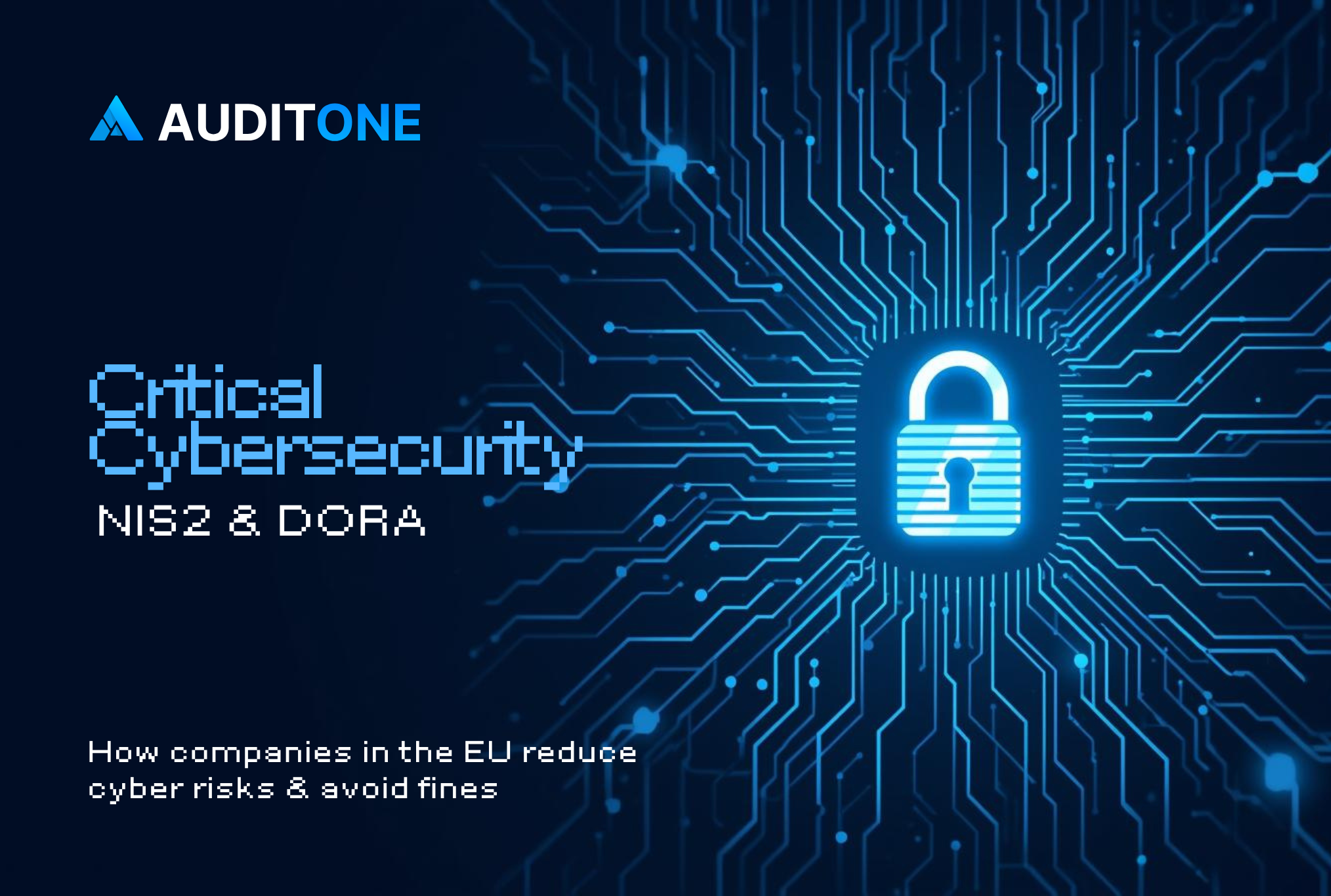What does pizza and Bitcoin have in common?
Nothing, but once upon a time, someone paid 10,000 Bitcoin for a pizza. Hindsight is 20/20. At the time, it was worth $41. No one could have predicted its worth, then. So I salute you, pioneers. Without your brave purchases in the dark ages, Bitcoin wouldn't be where it is today.
If you don't know, in 2010, Laszlo Hanyecz bought two pizzas for 10,000 BTC. You might ask, but how do I know that happened? The funny thing is, we can track that transaction to the second 14y 4m 21d 17h 12m 38s at the time of writing this from here, Bitcoin Pizza.

You might wonder what all of this is about. It's about Blockchain, transparency, and culpability (accountability), the big BTC.
What is Blockchain?
In the simplest of forms, it is a table that records all transactions performed on a network, and once a transaction is recorded on the Blockchain, it can't be modified or changed, hence its immutability. Unlike every other random purchase you make, once it's on the Blockchain, it's there forever; you can't lose the receipt. We can see a transaction from 14 years ago, and we know the pizza purchase happened because we have the hash ID (...115b9345e16c5cf302fc80e9d5fbf5d48d).
Imagine someone asked you how much you paid for a pizza in 2010; where would you look for this information, the infinite storage that is your brain? With the Blockchain, auditing any financial statement becomes infinitely easier as the Blockchain ensures accuracy and accountability. Blockchain technology in accounting would be a dream come true for auditors, as it offers transparency, immutability, and traceability—ideal for anyone who has previously had to sift through countless financial statements searching for the proverbial needle in a haystack.
Blockchain and Auditing
Having tamperproof records goes a long way in auditing. Records are right where they are supposed to be in real-time. With Blockchain, it is on a decentralized ledger, which means everyone can see every transaction on the network of computers connected; because everyone has a record, altering and tampering with this information becomes virtually impossible.
Yes, there is concern about a 51% attack, in which an entity gains control of half the network mining power, allowing attackers to manipulate the blockchain transaction history without consent from other parties. Switching from Proof of Work (PoW) to a secure consensus method such as Proof of Stake (PoS) might lower the risk of 51% attacks by making it too costly for attackers to obtain control of the majority stake.
Furthermore, techniques such as delaying blockchain confirmations, establishing penalty mechanisms, and conducting frequent protocol audits improve the network's defenses against such attacks.
Related Article: Limitations To A Smart Contract Audit
Security and Blockchain
Securing Laszlo's pizza purchase is possible on an immutable ledger. But what happens when the transactions get into the millions? Is it possible to be secure? Yes, nothing changes. From $41 pizza to $611,578,100 transactions, it is all accurate and tamper-proof. Regular audits help identify potential vulnerabilities in the system, especially once we move into the world of DeFi and smart contracts.
Why Auditing Blockchain Security Is Important:
- Detect Vulnerabilities Early: Audits discover weaknesses that hackers may exploit.
- Prevent Fraud and Malicious Activity: Real-time auditing of the blockchain network can uncover bad actors before they can cause harm.
- Reinforce Trust: Regular audits help to preserve confidence in the Blockchain's security and dependability.
- Regulatory Compliance: Ensures the Blockchain adheres to industry norms and legal obligations.
- Proactive Risk Management: Preventing problems before they arise is always less expensive and safer than reacting after the fact.
Evaluating blockchain security guarantees that your network is strong, secure, and prepared to face any challenge.
Web3, Auditors, and Pizza
In Web3, auditing entails much more than simply verifying the pricing of a pizza. Web3 is a trustless system in which transactions take place without middlemen via a decentralized network. Auditors' responsibility here is to protect DeFi networks by ensuring transactions are visible and secure. The methods required to audit the blockchain network evolve and expand in tandem with it. AI auditing systems can monitor these networks in real-time to predict malicious actors' behaviors and ensure the network's security by confirming them.
Further Reading: Security Audits & Web3
Conclusion
The next time you order a pizza, think about how Blockchain can make it possible to track everything from the dough to delivery with total transparency and security. Whether it's a simple transaction or a large-scale financial exchange, Blockchain and auditing systems are transforming the future of finance. One pizza transaction at a time, Blockchain is revolutionizing how we think about security and trust in the digital world.
Protecting your Blockchain project is essential for growth and user trust. Start by using our free Smart Contract Security Checklist Tool to identify any potential vulnerabilities.
Book your Free Security Consultation:
Google Calendar: https://calendar.app.google/Ai15eyQhiV5c1pBXA
Telegram: https://t.me/m_ndr
.svg)

.avif)
.svg)
.svg)

.jpg)






